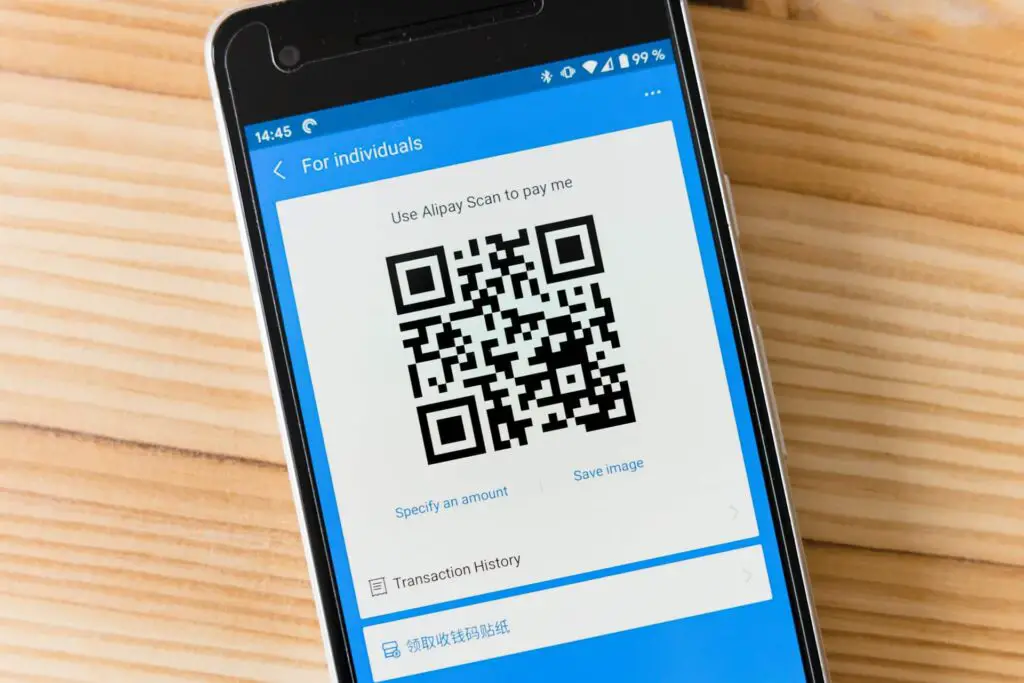Michigan State Police issue warning about a new scam involving unexpected packages and dangerous QR codes, urging vigilance to protect personal data.
What Is the Brushing Scam?
The Michigan State Police are warning Michigan residents about a scam known as “brushing.” In this scheme, unsuspecting individuals receive packages containing unsolicited items such as rings, bracelets, necklaces, or Bluetooth speakers. While the packages may appear harmless, they often lack sender information or details from recognizable retailers like Amazon.
The brushing scam becomes dangerous when recipients encounter a QR code included in the package. Scammers prompt victims to scan the code, claiming it will reveal the sender’s identity. However, scanning the QR code gives scammers full access to the victim’s phone, allowing them to steal personal and financial information.
A QR code (short for Quick Response code) is a type of two-dimensional barcode that can store information such as text, website URLs, or other data. Unlike traditional barcodes, which are typically one-dimensional and can only be scanned horizontally, QR codes can be scanned both vertically and horizontally, allowing them to store much more information.
How Does a QR Code Work?

QR codes consist of a pattern of black squares and dots arranged on a white background. When scanned using a smartphone camera or a dedicated QR code reader, the code is interpreted and converted into the information it contains, such as:
- A link to a website.
- Contact information.
- Payment details.
- Text or messages.
- App download links.
Common Uses of QR Codes
- Marketing and Advertising: Businesses use QR codes on posters, brochures, or products to provide more information or link customers to their websites.
- Contactless Payments: Apps like PayPal, Venmo, or bank apps use QR codes for quick transactions.
- Event Check-Ins: Tickets or boarding passes often include QR codes for easy scanning.
- Product Packaging: QR codes may direct consumers to user manuals, promotional offers, or product details.
The Dangers of Scanning Unknown QR Codes
Once the QR code is scanned, scammers can infiltrate devices, potentially draining bank accounts, accessing sensitive data, or committing identity theft. The Michigan State Police emphasize that the physical gift, whether kept or discarded, is not the primary concern. The real risk lies in engaging with the QR code.
The items, often inexpensive or promotional, are used as bait to trick recipients into letting their guard down. The police warn that this tactic is designed to create a false sense of trust, leading victims to take the requested action.
What to Do If You Receive a Suspicious Package
Authorities urge Michigan residents to take the following steps if they receive an unexpected package with no clear sender details:
- Do not scan QR codes. Avoid scanning any unfamiliar QR codes included in unsolicited packages.
- Discard the items or keep them safely. The item itself poses no risk, but interaction with accompanying materials can lead to serious consequences.
- Alert family members. Share information about the scam with loved ones, particularly those who may be less familiar with QR code-related risks.
Preventing and Reporting Scams
To further protect yourself, avoid interacting with unknown materials, including digital links or codes, sent by unfamiliar sources. If you believe you have been targeted or your personal information has been compromised, contact your local authorities or the Michigan State Police immediately. Additionally, consider informing your bank or financial institution if sensitive financial details may have been accessed.
Why The “Brushing Scam” Incidents Are Rising
Scammers exploit trust in popular platforms like Amazon by sending products to random individuals. These tactics can serve multiple purposes: creating fake reviews tied to the recipient’s address or tricking victims into compromising their own security. Michigan State Police caution that while the packages may look legitimate, they are often part of larger fraudulent operations.
Staying Informed About Local Scams
As scams become increasingly sophisticated, authorities urge residents to remain vigilant and share these warnings widely. Education and awareness are critical to minimizing risks.
Find More Interesting Feature Stories From ThumbWind
- Michigan Features: Unveiling the people, places, and events that make the Great Lake State unique.
- Weird Political News: A sarcastic and insightful take on official news from across the U.S.
- Michigan News: News and events of Michigan’s Upper Thumb worth knowing.
Your Turn – Like This, or Hate it – We Want To Hear From You
Please offer an insightful and thoughtful comment. Idiotic, profane, or threatening comments are removed. Consider sharing this story. Follow us to have other feature stories fill up your Newsbreak feed from ThumbWind Publications.



